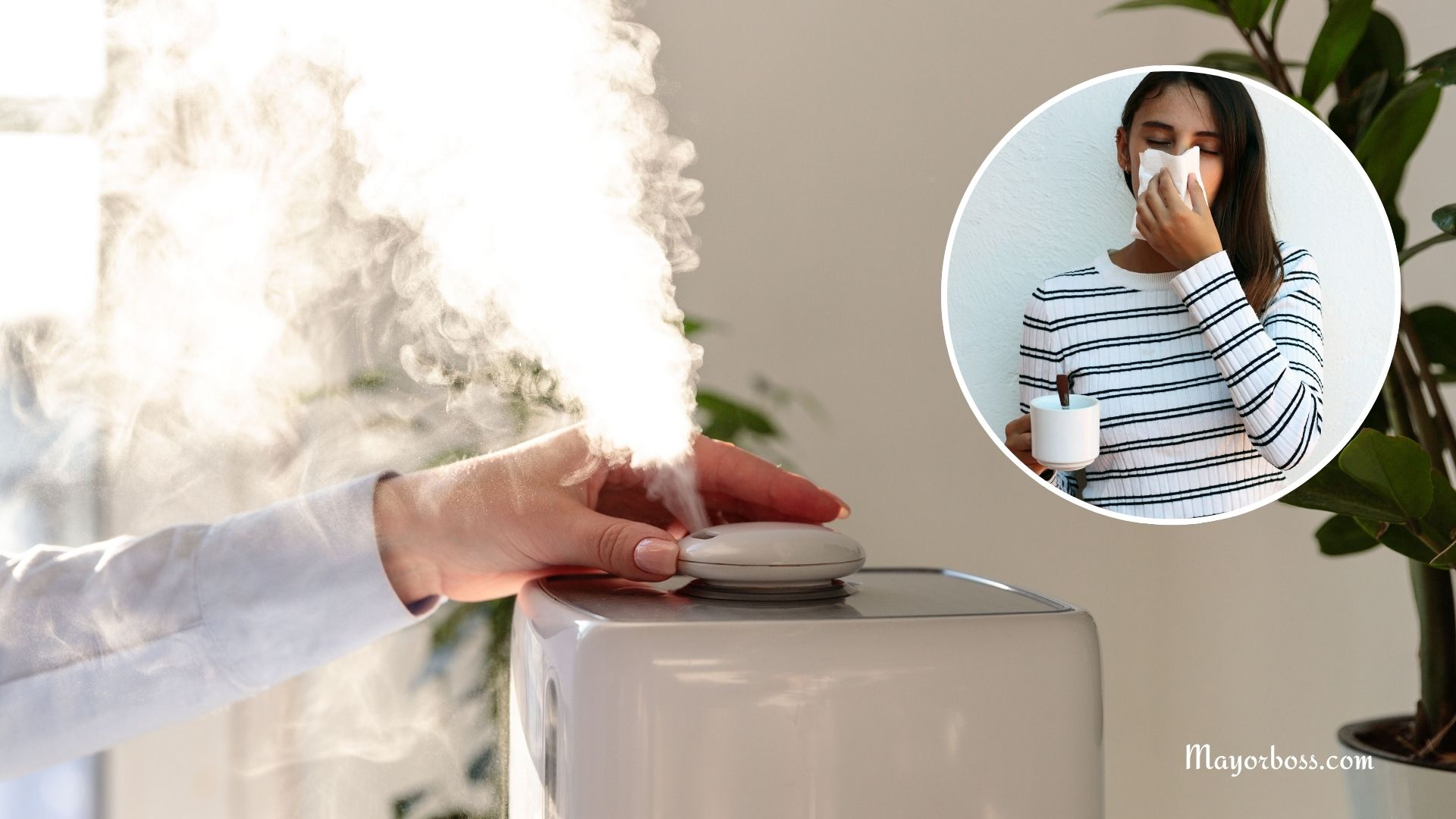How to Remove Mucus from Lungs Naturally
A mucus, known as phlegm or sputum, is a sticky liquid that your body makes to protect your lungs. It helps trap dust, germs, and other bad particles. When you are healthy, there is just the right amount of mucus. But sometimes, especially when you are sick or exposed to pollution or smoke, your body makes too much. This extra mucus can make it hard to breathe and may cause a cough. Here are some simple, natural ways to help remove mucus from your lungs.

Drink Lots of Water
Studies have suggested that drinking water is one of the easiest ways to help thin out mucus. When your mucus is thin, it is easier for your body to clear it out. Try to drink at least eight glasses of water each day. Drinking herbal teas or clear broths can also help. Plus, the warm liquids can soothe your throat and help break down thick mucus.
Use Steam
Steam helps open your airways and loosen the mucus. You can take a hot shower and breathe in the warm, moist air. Another way is to lean over a bowl of hot water with a towel over your head. Inhale slowly. Be very careful with hot water so you do not get burned. Steam can help make the mucus less sticky so that you can cough it out more easily.
Practice Controlled Coughing
Coughing is a natural way for your body to remove mucus. However, coughing in the right way can help clear your lungs better. Here is a simple method:
- Sit comfortably with your feet flat on the floor.
- Take a deep breath through your nose until your lungs are about three-fourths full.
- Hold your breath for a couple of seconds.
- Lean forward a little and gently cough. Try not to cough too hard; a strong, steady cough is best. Repeat this a few times if needed. This method helps move the mucus from the smaller airways to the larger ones, where it can be coughed out.
Use a Humidifier
A humidifier adds moisture to the air. According to an article in PubMed Central, dry air can make mucus thicker and harder to clear. Using a cool mist humidifier in your room can help keep your airways moist. This makes it easier for your body to move and clear the mucus. Be sure to clean your humidifier regularly to keep it free from mold and bacteria.
Change Your Sleeping Position
When you lie flat in bed, mucus can build up in your lungs. Try sleeping with your head raised. You can do this by using extra pillows or by adjusting your bed. This position helps the mucus drain and makes it easier to cough up.
Eat Foods That Help
Certain foods can help thin the mucus and reduce irritation in your airways:
- Fruits and Vegetables: Foods high in vitamins, such as oranges, apples, and leafy greens, can help support your immune system.
- Warm Soups: Broths or soups can be soothing and help break down thick mucus.
- Honey and Lemon: Mixing a little honey with warm water and lemon juice can be soothing for your throat. Honey helps coat your throat, and lemon gives you vitamin C. (Remember, honey should not be given to children under 1 year old.)
Try Natural Expectorants
Some natural ingredients act as expectorants, which means they help clear mucus from your lungs:
- Peppermint Tea: This tea contains menthol, which can help open up your airways. Drinking peppermint tea can give you a cooling and soothing effect.
- Ginger Tea: Ginger has anti-inflammatory properties that may help reduce mucus production. You can make ginger tea by steeping fresh ginger in boiling water.
- Thyme Tea: Thyme can help ease breathing by reducing inflammation in the airways. You can prepare thyme tea by steeping a few fresh or dried thyme leaves in hot water.
Avoid Irritants
It is important to avoid things that can make mucus thicker or more irritating:
- Smoking: Tobacco smoke makes mucus production increase and harms your lungs.
- Polluted Air: Try to stay away from areas with a lot of dust, smoke, or chemical fumes.
- Allergens: If you know that certain allergens cause you to produce more mucus, try to avoid them as much as possible.
When to See a Doctor
While these natural methods can help remove mucus, you should talk to a doctor if:
- You have a cough that lasts more than three weeks.
- You cough up blood or very discolored mucus.
- You have difficulty breathing or feel very short of breath.
- You have a high fever or severe chest pain.
These could be signs of a more serious condition like an infection or lung disease that needs medical care.
